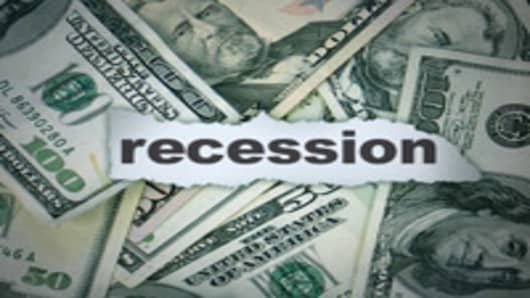However this crisis is different from an economic standpoint than 2008. This is a balance sheet crisis and an economic growth story.
In the United States, the concern now is the strength of the recovery and if we are destined to reenter recession territory. The strength of the recovery is the issue NOT whether companies can fund current operations; this is an important distinction that must be recognized.
Despite the foolishness that we all witnessed as the debt ceiling debate played out, you'll notice that liquidity was not the issue. All that needed to happen was for the debt ceiling to be raised and the government was able to fund operations. The same holds true for companies that can now freely access the debt market. No longer is Warren Buffett the lender of last resort.
The capital markets are open for business.
To be sure, the economy on a global basis still face major challenges. There are major issues that all stem from decades of excess leverage and living beyond our means. Our perspective is the cost of this excess spending will be subpar growth for years to come.
2011 is more a crisis of long-term solvency and less about liquidity. For that reason we expect the debate to center around economic growth not economic collapse.
Of course, when we are in the midst of the debate it all feels equally frightening. But as you digest the disparate views, recognize that there is a difference between 2011 and 2008.
So you ask, what about the market?
Well as I often say, the market is like an adolescent child and so trying to predict with certainty the behavior of an inherently emotional entity is a guess at best. But here's my guess.
I do not believe that the markets will test previous 2008 lows and I believe over the course of this next several weeks we will see evidence that we are in the middle of a stumbling recovery; three steps forward and two steps back. To say the least, we have experienced two steps back over the last several weeks. But yesterday's job numbers and today's sales data indicate there is some level of positive movement in the US economy.
Its a difficult time, yes. 2011 is no great party but it's not 2008.
Michael Yoshikami, Ph.D., CFP®, is CEO, Founder and Chairman of YCMNET's Investment Committee at YCMNET Advisors. Founded in 1986, YCMNET is a San Francisco Bay Area-based independent money management firm that provides fee-based wealth management services to institutional investors and individual investors. The firm works with clients around the world. Michael was named by Barron's as one of the Top 100 Independent Financial Advisors for 2009 and 2010. He oversees all investment and research activities of the firm and is actively engaged on a daily basis in the firm's securities analysis activities and determines the macro tactical asset allocation weightings for client portfolios. He works with YCMNET's investment team in integrating behavioral investing strategies with the firm's core fundamental perspective. Michael holds a Ph.D. in education, other advanced degrees, and holds the Certified Financial Planner® (CFP) designation.


